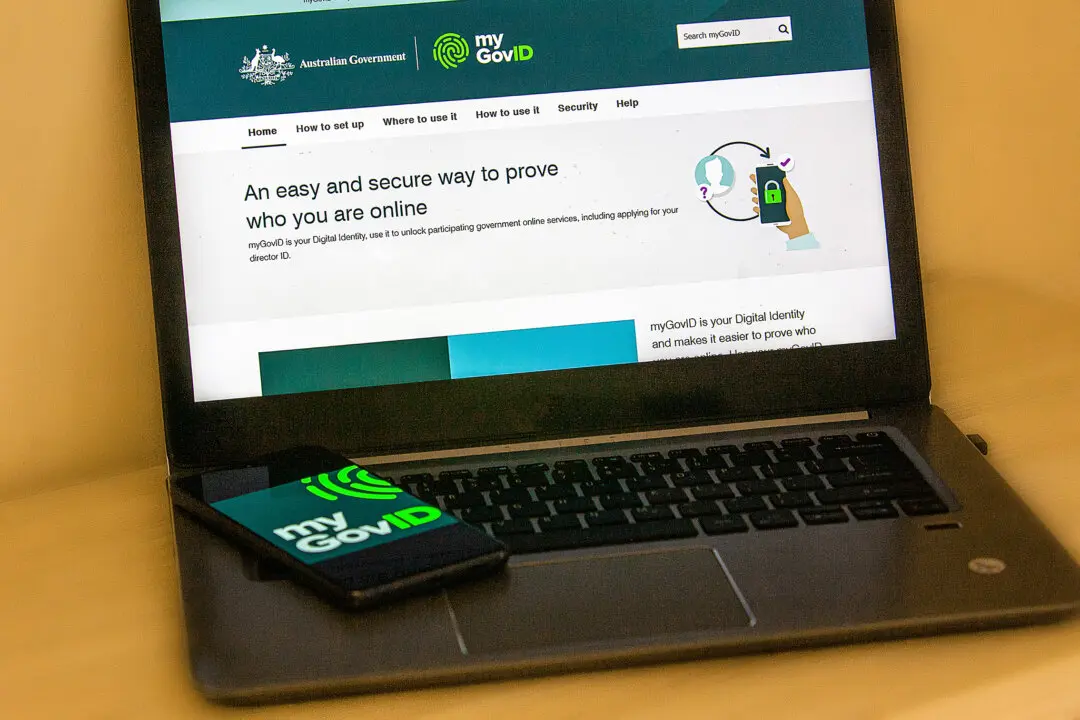Liberal Senator Alex Antic has raised concerns that Australia’s digital ID bill “might not be as voluntary as they say.”
The Digital ID Bill passed the Senate on March 27, with 33 parliamentarians voting for it and 26 against.

Liberal Senator Alex Antic has raised concerns that Australia’s digital ID bill “might not be as voluntary as they say.”